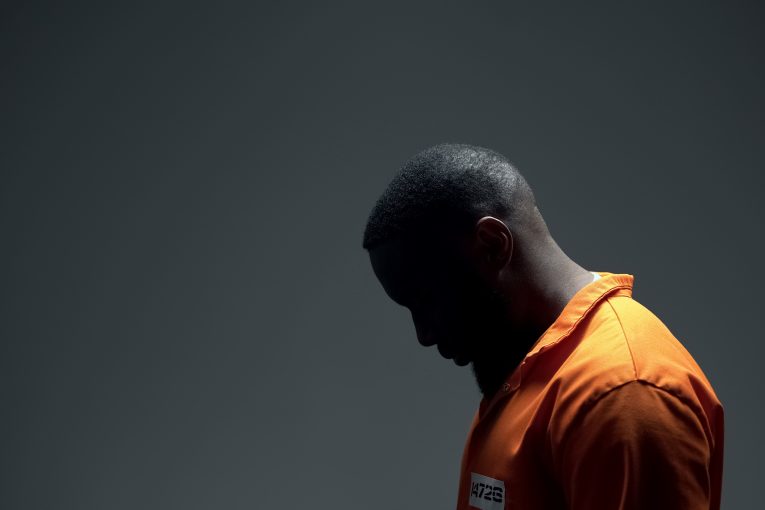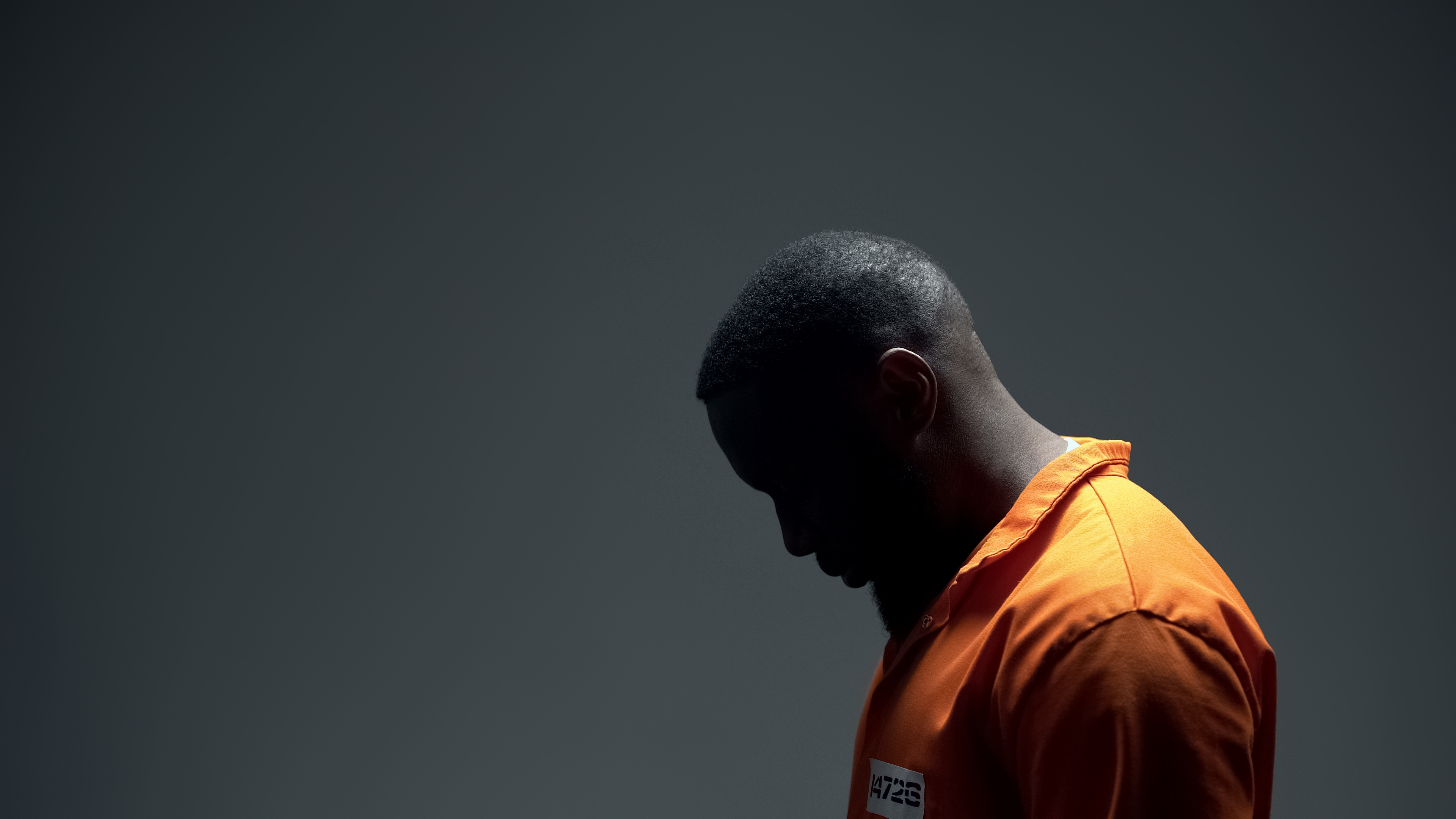

 By Iftekhal Murtaza
By Iftekhal Murtaza
Life before mental health assistance was like living in purgatory. Before I reached out and got admitted to the psychiatric inpatient program, I was sleeping 16 to 20 hours a day. I was trying to escape life because I didn’t want to live. Even though I had a loving family consisting of my wife, son, mom, dad, and brother, my intrusive thoughts told me I didn’t need to wake up and enjoy life. Prison puts you in a place called learned helplessness. I felt hopeless and helpless. The intrusive thoughts in my head were suicidal and homicidal. I didn’t understand the concept that thoughts can be like passing cars, and you’re the hitchhiker. The very first or second thought isn’t the ride you have to take. These thoughts were always putting me down, telling me I’m not good enough, that I’m no good, that I’m a sorry piece of crap, that I’ll never amount to anything else. I used violence because that’s the prison norm. While I’ve had these thoughts most of my life, the difference before and after mental health assistance is awareness. It came to a point where I didn’t trust myself so I decided to sleep it all away. I wanted to better myself but a big part of me was living in guilt and shame. I was too embarrassed to reach out for help.
Finally, a small part of me decided to fight back and ask for assistance. I wanted to get out and be of service to my family and society. My psychiatrist, Dr. Berger is to thank for reserverving my impulses and admitting me to the Psychiatric Inpatient  Program.
Program.
Mentally rehabilitating yourself is not an easy task for everyone. There are certain steps I took. I did a lot of self-reflection on my past, found out why I behaved the way I did, and focused on changing my present and future. Fortunately, I found a method which is working for me. Maybe it will work for you too.
Self-reflecting on the past was a difficult task to accomplish. My past was full of drugs, steroids, and violence. I enjoyed the feelings drugs brought me. But it led me to damage my brain and to be prone to violence. Plus, I had untreated schizophrenia because my mother starved herself and used drugs during her pregnancies. My older brother by 15 years was dealt the same hand. My father said he was too embarrassed to have two sons with the same illness, so he decided not to take me to a psychiatrist after moving to the United States. It was difficult for me to achieve metacognition with my underlying condition. So I picked up this book called Breaking the Habit of Being Yourself by Dr. Joe Dispenza, and it’s making a world of a difference. The magic word is creation.
I noticed that when I’m in creation mode with something as simple as Legos, I forget about myself. I disassociate from my known world. I am no longer somebody who associates my identity with certain things I own (the TV in your cell), particular people (from my past), certain tasks I do (busy fighting your negative thoughts), and different places I lived at specific times (Los Angeles). I could say that when I’m in a creative state, I forget about the habit of being me from the past. I lay down my ego and become selfless.
When I am in creation mode, I am activating the brain’s creative center: the prefrontal cortex. In the process of creation, the function of the prefrontal cortex is to become self-aware. Because we have metacognitive capabilities – the power to observe our thoughts and self – I can decide how I no longer want to be, to think, act, and feel especially when my mind drifts off to negative thoughts like my past. This ability to self-reflect allows me to scrutinize myself and then make a plan to modify my behaviors, so I can produce more enlightened or desirable outcomes. Your attention is where you place your energy.
The purpose of becoming self-aware is so that I no longer allow any thought, action, or emotion I don’t want to experience to pass by my awareness. The goal here is to unlearn the negative aspects of who I used to be, for example taking shortcuts in my past life, so that I can free up energy to create a new life and mindset with one hundred percent commitment. The more I think about something happening, the more it will fire those neurons in my brain. Hebb’s law states that neurons that fire together wire together. Currently, my mind is immersed in creating a website to influence others to follow in my steps. I’m one hundred percent focused on my education (I just earned a degree in liberal arts and humanities from Feather River College and am now pursuing bachelor’s and master’s degrees ), mental health courses, and contributing to society by feeding the homeless and orphanages with the help of my mentors. I intend to accomplish a rehabilitated mindset by repeating what I just started, enabling my brain to unlearn the past and build a better future. Because of my rehabilitation through the California Department of Corrections and Rehabilitation, I’m more self-aware. I can hold myself accountable for my past, heal myself through forgiveness and restorative justice, help others, and advance my station in life.
